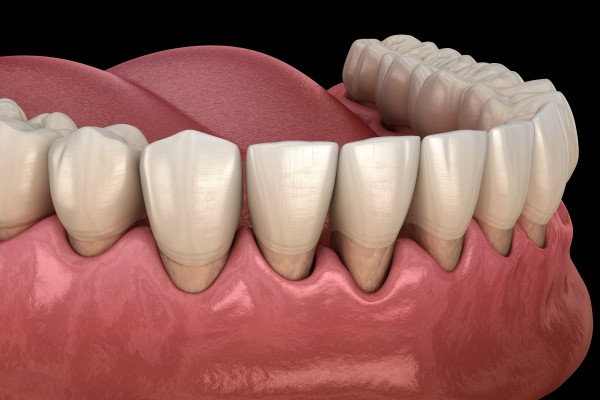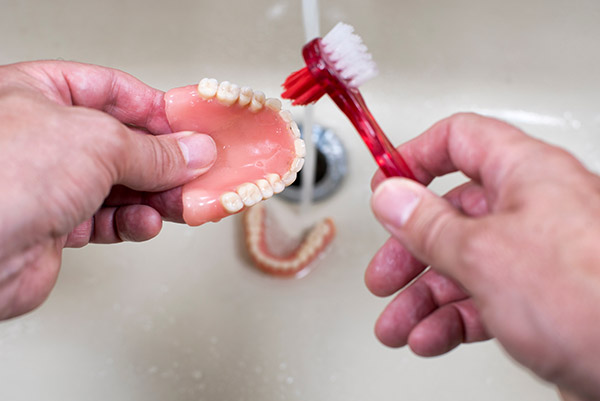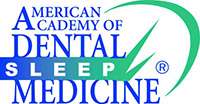Three Common Treatments for Gum Disease

Without treatment, Gum Diseasegum disease can have a negative impact on oral health and function. Gum disease is one of the leading causes of tooth loss in adults. Multiple studies have also confirmed that people with gum disease are more likely to suffer cardiovascular disease, stroke, heart attack, and diabetes. Taking care of your teeth and gums might help you live a healthier life. If you develop gum disease, the dentist can provide different treatment options to restore gum and tooth health.
Gum disease treatment
The dentist will thoroughly examine the teeth and gums to look for any indications or symptoms of gum disease. They will design a treatment plan based on the patient's dental requirements after the exam.
According to the Centers for Disease Control and Prevention, over half of all Americans have periodontal disease, making it one of the most common dental problems. Periodontal disease can be identified by symptoms such as red and sensitive gums, bleeding during brushing or flossing, sensitive teeth, gum recession, halitosis, shifting or loose teeth, and infection.
If a patient is experiencing signs of periodontal disease, seeing a dentist can help reverse the damage and restore dental health. Detecting early indications of periodontal disease can also extend the life of teeth and avoid many of the problems caused by gum diseases, such as tooth decay, unpleasant breath, and tooth loss. Gum disease treatment depends on the severity of the condition. The dentist may recommend any of the following options:
Scaling and root planing
Also called deep cleaning, scaling and root planing is generally done to treat minor to moderate cases of gum disease. Gum disease in its early stage is called gingivitis. It is caused by plaque and tartar accumulation on the gum line. Since regular toothbrushes cannot remove tartar, the dentist needs to perform scaling to remove it around the teeth. The dentist may recommend scaling and root planing more than once, depending on the patient's situation, to properly clean the teeth and stop the spread of gum disease.
Antibacterial rinses
In the early stages of gum disease, antibacterial rinses can be a useful therapeutic option. Under the dentist's supervision, patients can finish their treatment at home. For a more effective remedy, antibacterial rinses can be used along with another periodontal therapy treatment.
Gum grafting surgery
If the gum disease has reached the advanced stage and deep gum pockets have formed, the dentist may suggest a gum graft procedure to reduce the pockets. Using lasers to remove unhealthy gum tissue has several advantages over traditional surgery. Laser dentistry has been shown to reduce gum shrinkage and pain.
The dentist may carefully graft a tiny quantity of new tissue in a region where little or no gum tissue already exists during a gum grafting operation. Gum surgery is usually performed to prevent future gum recession or cover the teeth's exposed root surfaces.
In summary
If you have noticed signs of gum disease, please reach out to the dental office to book an appointment. The dentist will evaluate your condition and recommend proper treatment.
Request an appointment here: https://stonecanyondental.com or call Stone Canyon Dental at (972) 996-3191 for an appointment in our Sunnyvale office.
Check out what others are saying about our dental services on Yelp: Gum Disease in Sunnyvale, TX.
Recent Posts
Gum disease is a serious condition that can result in a need for periodontal treatment. Periodontal treatment is often necessary to destroy the infection and prevent it from worsening. Often, without treatment, a case of gum disease can become advanced, resulting in tooth loss, receding gums, and even jaw deterioration, all of which can be…
Proper dental hygiene, including brushing, flossing, fluoride use, and regular dental examinations and cleanings, is necessary for more than just cosmetic reasons. One of the consequences of not taking good care of teeth and gums is gum disease, which is also called periodontal disease. There are three stages of this disease, and if it is…
Gum disease can be caused by any number of things, but the result is always the same - pain and agony. If you take care of your mouth and your teeth, however, it can be avoided. In this article, we’re going to look at some common causes of gum and mouth diseases. Anyone can get gum…
Most dental professionals treat gum disease. This includes dental professionals who practice under the title of a general dentist, family dentist, periodontist, and more. Good gum health is essential to good oral health overall, and the health of the gums and underlying jawbone is a primary factor in any oral care plan a dentist provides.Gum…







